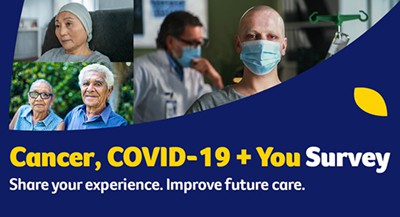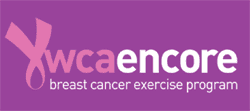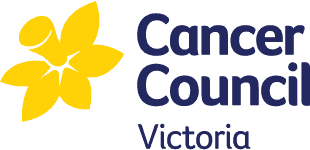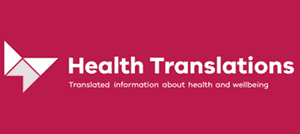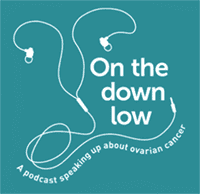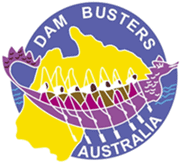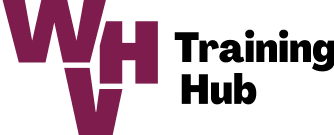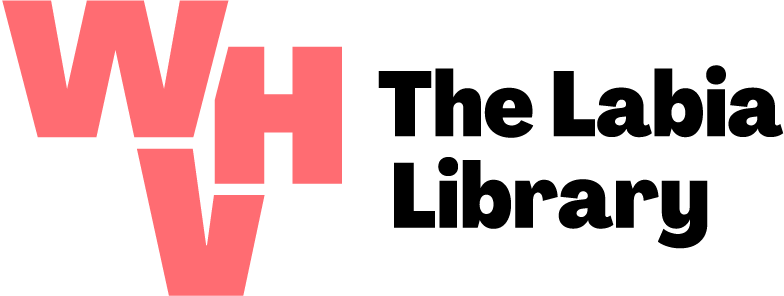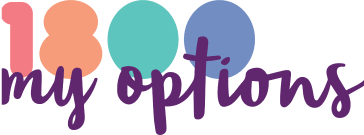Violet Companion
Violet Companion is an online tool that provides quick, safe and relevant information on end of life and grief. It brings together the most helpful articles, videos and podcasts from the 12,000+ people Violet has supported.
Violet Companion offers community and connection with an opportunity for questions and answers from experienced Violet Guides.
Visit Violet Companion
Have your say on the draft Australian Cancer Plan
Cancer Australia is inviting your feedback on the public consultation for the Australian Cancer Plan (ACP), which sets a 10-year plan to provide lasting change and improve outcomes for all people affected by cancer.
The consultation on the draft ACP gives Australians the chance to comment on a ground-breaking national cancer strategy that sets out and addresses priority areas, objectives and actions in cancer control. To make a difference we need coordinated system-wide engagement.
Cancer Australia invites all Australians to share feedback on the draft Australian Cancer Plan. To provide your feedback, visit engage.australiancancerplan.gov.au
Public consultation will close on 16 December 2022.
Dragon boating: Pink Paddle Power Regatta 2022
This special event is bringing dragon boat paddlers from all over Australia and 2 teams from New Zealand together to raise awareness about the benefits of dragon boating for breast cancer survivors.
The event runs from 2–4 December, with the main regatta on Saturday 3 December, 9am to 4pm, at Victoria Harbour, Docklands. The regatta features 200m racing, Acknowledgement of Country, Lion Dance, Memorial Race and Flowers On The Water ceremony with dragon boating merchandisers and food trucks on site.
See more about the Regatta on the Dragon Boating Victoria website.
Webinar series for people affected by melanoma
Every Thursday evening for three weeks, you will have the opportunity to hear from a Melanoma Institute Australia medical expert and a Melanoma Patients Australia community member as they focus on a different topic of interest for each webinar (see below). The webinar will conclude with a Q&A panel discussion.
17 November – Brain metastases: Surgical treatment update and living well after brain metastases.
24th November – Immunotherapy and targeted therapies: Systemic treatment update and living well after immunotherapy.
1 December – Detecting melanoma: New approaches and living well beyond a melanoma diagnosis.
Register for webinars on the Melanoma Patients Australia website
Learn how consumers can be involved in cancer research
This annual forum from the VCCC Alliance offers an educational space for attendees to improve their understanding of the role of a consumer, and the capacity of consumers to influence the direction of research.
Practical examples and case studies will be used to explore the impact of consumer involvement from early stages of research applications and planning, and how consumers can help clarify critical research questions.
Register to attend the VCCC Alliance Consumer Engagement Forum 2022
Self-collection for cervical screening tests
With the self-collection option you can take your own vaginal sample with a swab and without a speculum. The self-collection test sample is used to look for human papillomavirus (HPV) – finding HPV early is your best protection against cervical cancer.
A self-collected Cervical Screening Test is just as accurate at detecting HPV as a Cervical Screening Test taken by your doctor or specially-trained nurse.
This test is done at the doctor’s or other health setting, usually in private behind a screen or in the bathroom. It is quick, easy, private and reliable.
Read more about self-collection for cervical screening – Cancer Council Victoria (cancervic.org.au)
Healthy Living After Cancer research project
Cancer Council SA is looking for people to join their study on the usefulness of adding a telephone coaching element to the Healthy living after Cancer Online program.
Participants who choose to enrol in this study will be randomly allocated by chance (similar to flipping a coin) to receive either the Healthy living after Cancer Online program plus telephone coaching, or to receive the Healthy living after Cancer Online program only.
Participants in both groups will be asked to work through an online program for 12 weeks that addresses multiple areas of health, including physical activity, healthy eating, mental health, finding the new normal after cancer treatment, fatigue, and weight management. Questionnaires will be collected before and after the intervention.
This project has been approved by Cancer Council Victoria’s Institutional Research Review Committee (#HREC 2106). If you have any complaints or concerns about the way in which this program is being conducted or evaluated, please contact [email protected]
Read more and express interest at healthylivingaftercancer.org
Healthcare providers can now issue bowel cancer screening kits
Healthcare providers can now give bowel cancer screening kits directly to eligible patients. As of 31 October, providers can bulk order and issue kits to eligible patients through the National Cancer Screening Register.
The federal Department of Health and Aged Care have created a guide on the alternative access to kits model. These will help healthcare providers implement and promote screening in their practice.
Read the Alternative access to bowel screening kits guide
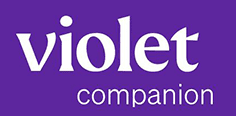
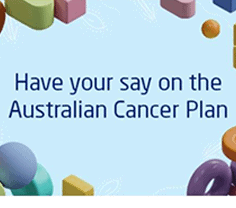

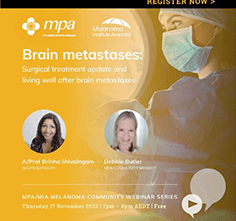
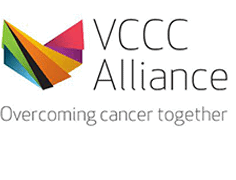
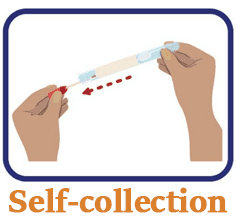
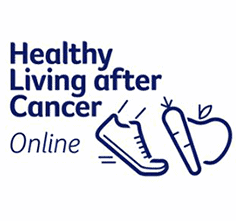
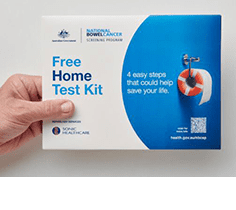
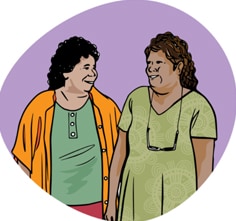
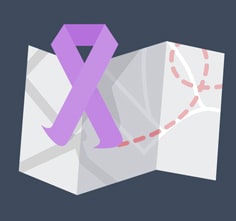
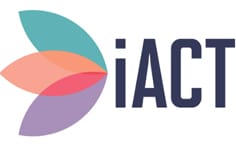

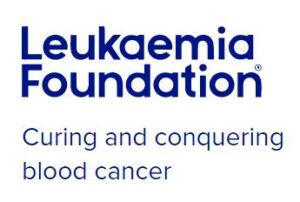
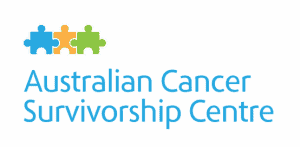
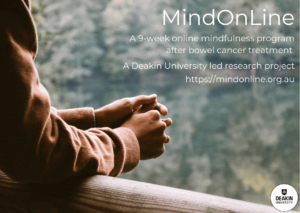
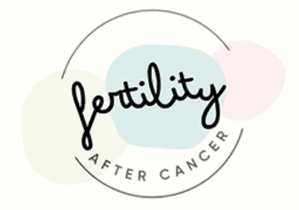


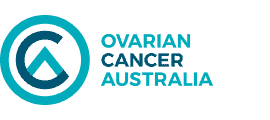
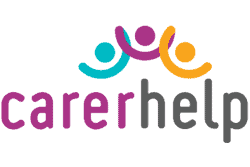
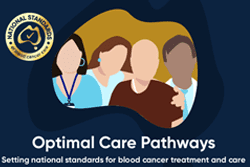


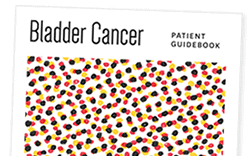
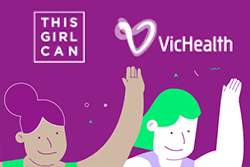
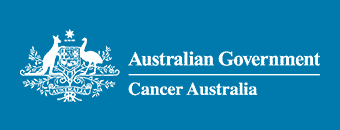


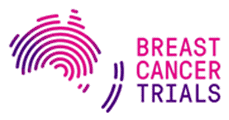

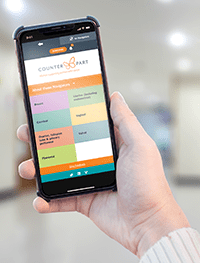
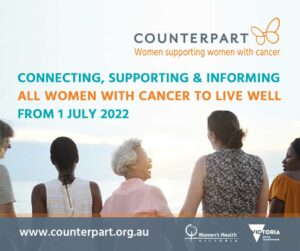 ‘Our vision is for every woman to live well – healthy, empowered, equal’, says Women’s Health Victoria CEO Dianne Hill. ‘Counterpart has been providing a quality peer support service to women with breast or a gynaecological cancer for almost 20 years. We are thrilled to be able to offer that same support to the 10,000 women diagnosed with other types of cancer each year’.
‘Our vision is for every woman to live well – healthy, empowered, equal’, says Women’s Health Victoria CEO Dianne Hill. ‘Counterpart has been providing a quality peer support service to women with breast or a gynaecological cancer for almost 20 years. We are thrilled to be able to offer that same support to the 10,000 women diagnosed with other types of cancer each year’.